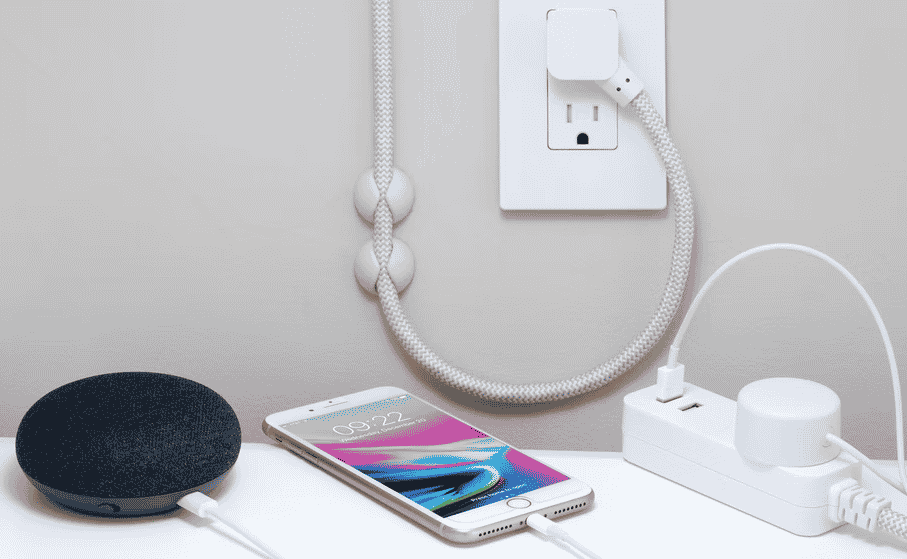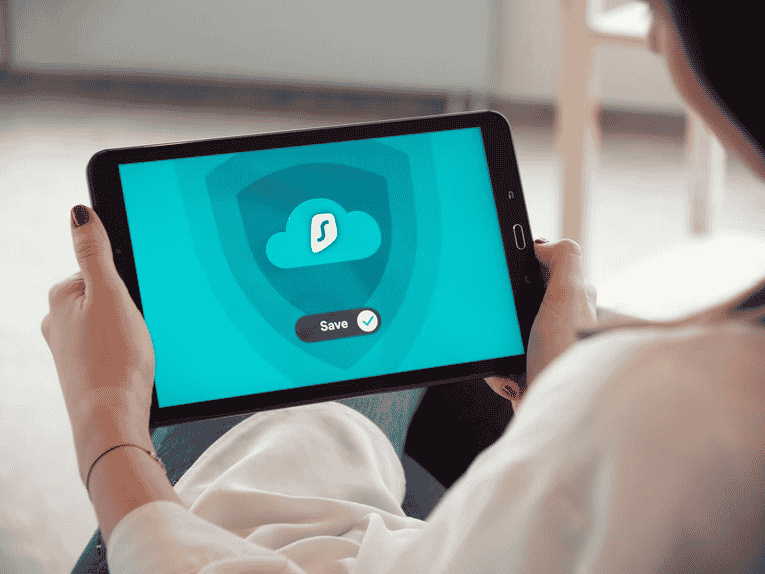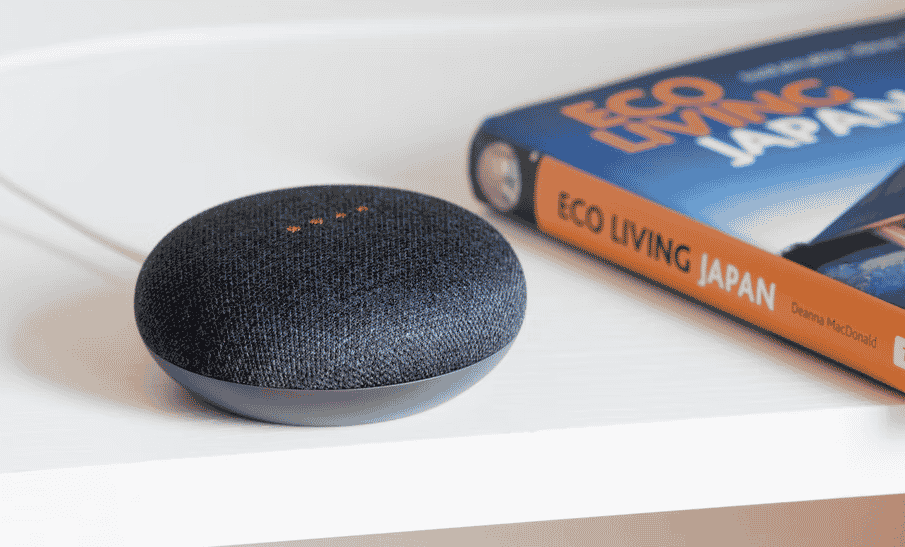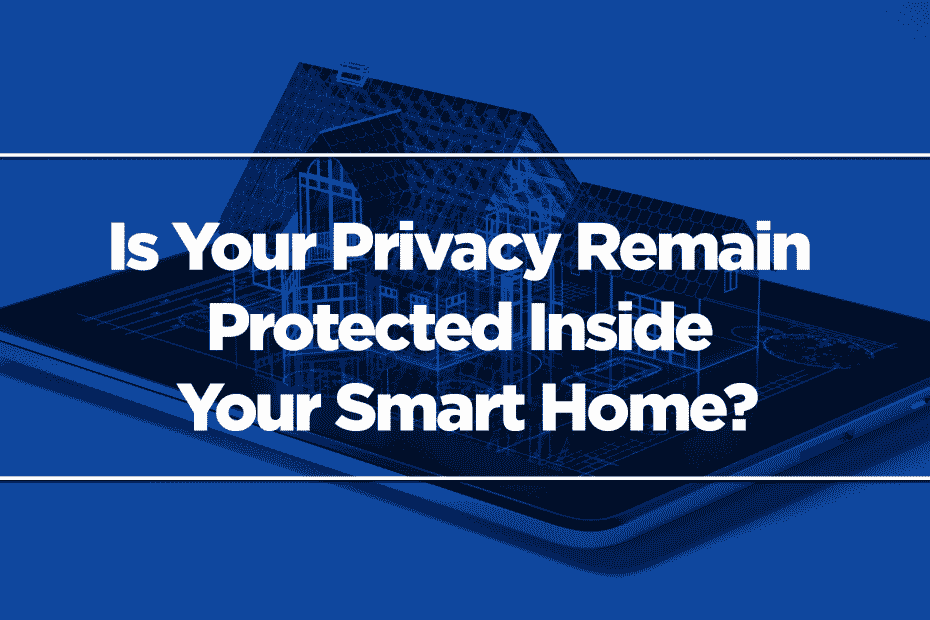High-tech homes were in science-fiction books for who knows how long. But they are no longer just ideas, as smart homes now actually exist. The establishment of smart speaker technology signifies that we are finally entering the era of intelligent, responsive homes.
Smart homes offer people a convenient, comfortable, luxurious lifestyle. And there are affordable devices, meaning you don’t need to spend a fortune to live in one.
Home automation tech is projected to expand its value to $75.3 billion by 2025. It has a compound annual growth rate (CAGR) of just under 16%. And smart speakers are the key driver of growth. According to data from Statista, about 320 million smart speakers were deployed as of 2020. That is projected to double by 2024.

Smart speakers allow you to use voice commands to control the smart devices in your home. Further00more, they allow you to set timers, reminders, and alarms. Also, they can answer your questions – so you no longer need to type your question in a browser.
The pandemic has accelerated the growth of smart homes and smart speakers, as more people are spending more time indoors. But that puts forth the concerns over security and privacy. And Forbes reports that many IoT environments fail to protect their users properly. That is because of their over-reliance on cloud infrastructures and internet connectivity.
Balance Between Innovation and Privacy
Voice assistants like Alexa and Google Assistant give you convenience. They enable you to turn off the lights or play music hands-free. But, there’s a catch. Other people may be listening in. And the information they could get may give them access to your smart home.
It is particularly the “always-on” power model and Cloud-connectivity that raise significant ethical concerns. Thus, consumers are understandably wary of someone recording every word they say and transferring them online.
This model may have a short-term financial incentive, but it is also self-defeating. If manufacturers do not address privacy concerns, bringing smart home architectures to the market will not be easy. That applies not only to today’s models but also to future ones.
Therefore, for smart homes to evolve, manufacturers need to strike a technical balance between innovation and privacy. The devices’ purpose must be to interpret user activity and context and respond. Otherwise, we can’t call them “smart” devices.
However, homeowners must also feel secure in their homes. They have to feel recognized – not watched. It is crucial for engineers going forward to strike this sweet spot.
Locally Processing Data
Again, the problem comes from over-reliance on Cloud infrastructures. Therefore, the key to providing secure, private, and responsive homes is reducing that dependency. Embedding intelligence within the home environment itself can do that.

Current smart devices can’t process user inputs alone. First, they have to transfer sensor data to the cloud for interpretation and contextualization. Then, they receive instructions they have to carry out.
That causes latency issues, making smart homes slower to respond. At best, that is a hassle; at worst, it results in health and safety concerns.
Fortunately, we have a viable alternative to the cloud. That is the artificial intelligence of things (AIoT). It embeds intelligence and processing power directly into the smart home device. Thus, this model allows the device to process commands locally.
However, there is a big challenge in bringing this edge intelligence to the market. AI chips are not cheap. Also, it’s not easy to configure them for compatibility with home devices.
Making AIoT Work
The chips needed to create the ideal smart home devices must deliver a combination of AI, DSP, control, and communications. These should be in a single device to give designers greater control over balancing these four attributes.
Furthermore, manufacturers have to deliver this in smaller packages with low overall BOM costs. Admittedly, creating these programmable, efficient devices with AI capabilities won’t be easy. But for the future of smart homes, they have to overcome this challenge, as it is an essential piece of the puzzle.
AIoT-enabled chips would enable more sophisticated sensor processing. It will deliver face and image identification, presence detection, and even life sign monitoring. In turn, that will allow smart home devices to capture rich, contextualized information and react independently.
That said, you will not need to surrender personal information to make the smart home work. Speaking voice commands will no longer feel like gambling.
The Importance of Security and Privacy
Security and privacy are not negotiable; they are a must. So, manufacturers have to change how they make smart devices.
If they can realize edge AI for smart homes, it will make significant progress not only for consumer privacy. It will also improve overall home security.
Edge intelligence will enable smart home devices to distinguish between household occupants easily. That means devices can ignore potentially dangerous commands from children. It can also contact emergency services in case of medical emergencies. And smart homes can alert household members if an unrecognized individual has entered the building.
Moreover, gas sensors could disperse dangerous gasses by opening windows. And security lights in the garden could lock the front door when it detects a stranger roaming about.

Removing the devices’ reliance on the data transference on the cloud also reduces risks to consumers’ privacy. It significantly reduces the data leaving the house. Devices can dispose of data once it is used. So, little to no data will be stored. Consequently, your smart home becomes less exposed to attacks. Also, it protects homeowners against data exploitation by private corporations.
According to a Deloitte study from 202 0, 63% of consumers consider connected devices “creepy” when talking about data collection and behavior. And 50% were “fairly concerned” about the use of their data.
That can change if manufacturers address the growing privacy concerns. And we can’t emphasize enough how they can do that. They have to make smart devices independently intelligent. Removing the need for the cloud would enable the start of a new smart age. This one is free from invasion of privacy.
